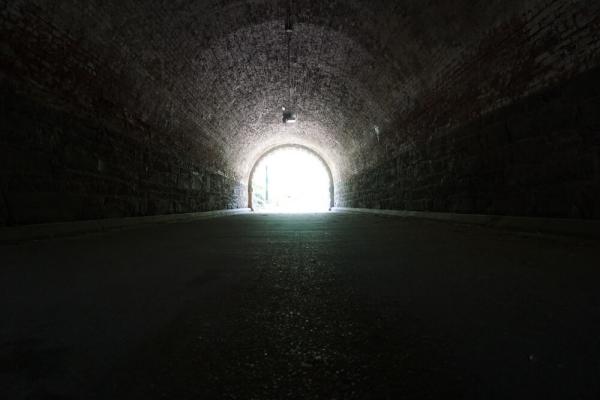May 6, 2019
I had worked with so many patients and families who had suffered trauma and crisis, especially families who had lost someone to senseless gun violence, but it appeared my training didn’t come into play for myself. I walked around my apartment, drinking coffee and smoking cigarettes, in agony. Then my chaplain hat popped up. I told myself, “Sharon, you know hours of waiting to hear news about someone usually means the patient is dead.” The reality of it all was shattering.
Read the Full Article

Already a subscriber? Login
